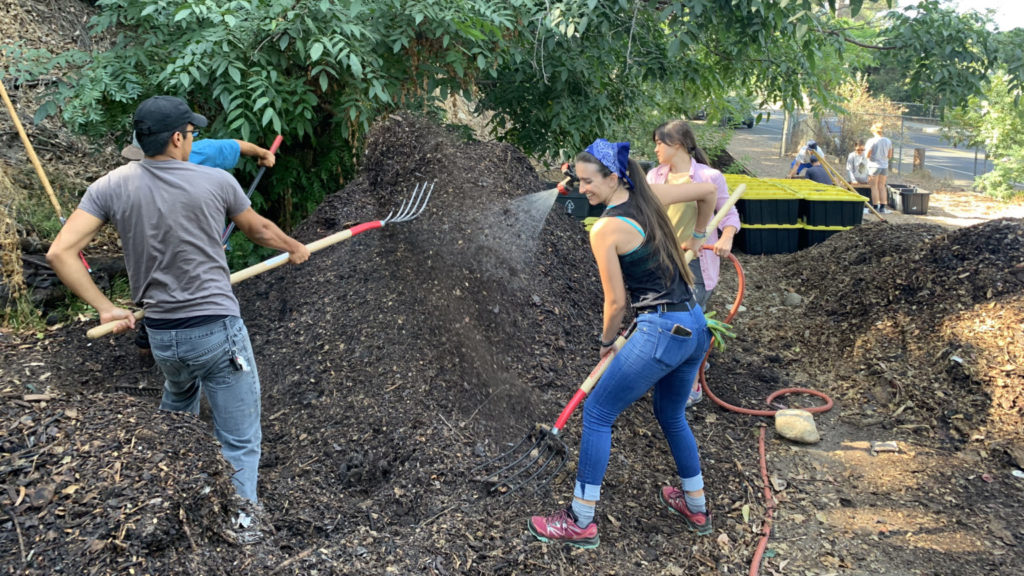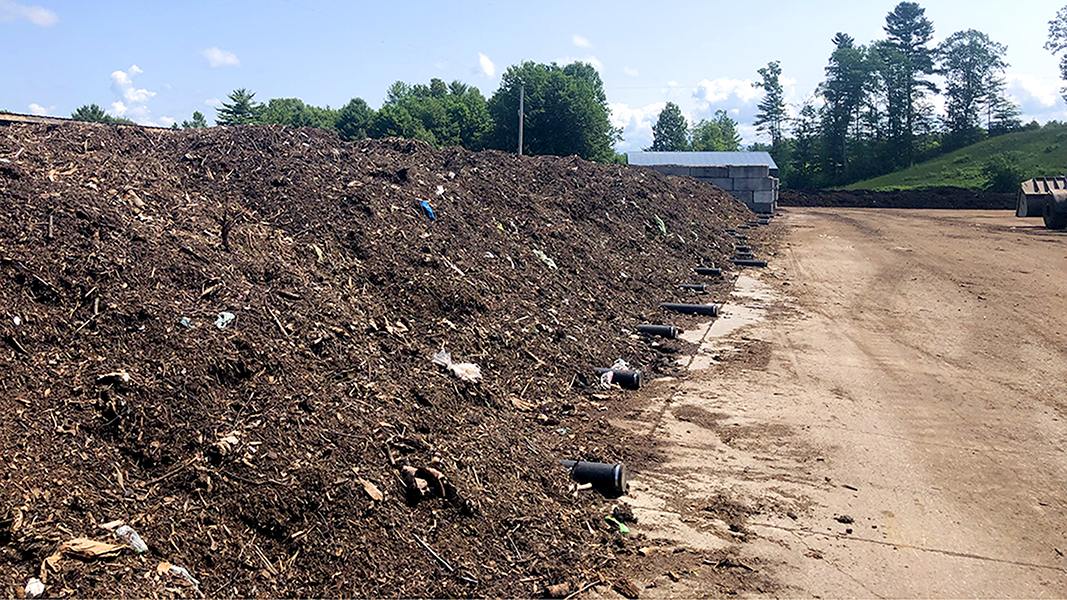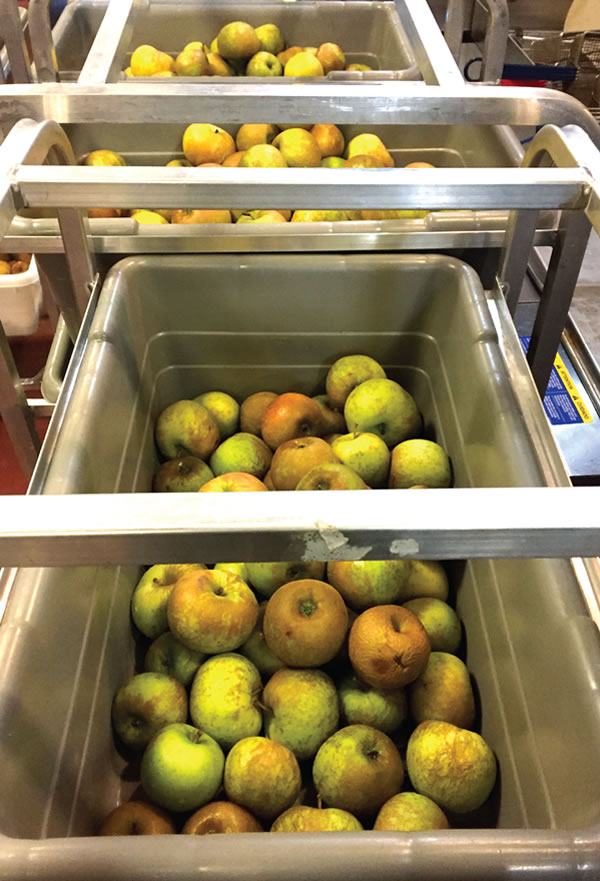Congresswomen Julia Brownley (D-CA), Ann McLane Kuster (D-NH), and Chellie Pingree (D-ME) introduced two bills — the Zero Food Waste Act and the Cultivating Organic Matter through the Promotion Of Sustainable Techniques (COMPOST) Act — to reduce the amount of food wasted in the U.S. and to redirect food waste to composting projects. Senator Cory Booker (D-NJ) introduced companion legislation in the U.S. Senate. The two Acts were introduced on Friday, July 16.
“Americans waste more than 40% of the food they purchase, which is alarming, but also presents a tremendous opportunity to reduce the significant impact food production and consumption have on greenhouse gas emissions,” said Brownley. “Smart policies that curb food waste and promote composting are critical to mitigate the impacts of climate change. The Zero Food Waste Act and COMPOST Act incentivize and encourage farmers to implement more sustainable farming practices and provide local governments with the resources to develop strategies that will reduce the amount of food waste that local communities generate. Reducing food waste and composting are practices that go hand in hand and will yield significant results in addressing the challenges of the climate crisis.”
Adds McLane Kuster, “As a proud member of the House Agriculture Committee, eliminating agriculture carbon emissions and addressing hunger are among my top priorities in Congress. Two ways to help us reach those goals are maximizing the amount of food that gets eaten, and when food must be thrown away, ensuring it is composted to enhance soil health.”

Photo courtesy of LA Compost
The COMPOST Act meets the growing demand from individuals and businesses to compost food scraps and certified compostable packaging. Its provisions would be incorporated into existing U.S. Department of Agriculture (USDA) programs. For example, it would create new USDA grant and loan guarantee programs for composting infrastructure projects, including large-scale composting facilities as well as farm, home, or community-based projects. The bill would add composting as a conservation practice for USDA conservation programs. Both the act of producing compost from organic waste and using compost on a farm would qualify as conservation practices. This bill addresses a critical need for regions and communities around the country looking to expand access to food waste composting.
The COMPOST Act includes an appropriation of $200 million for each of fiscal years 2022 through 2031. The U.S. Composting Infrastructure Coalition (USCIC), a supporter of the COMPOST Act, estimates it “would take about $2 billion to expand compost access nationally, which is why the Act is calling for this level of funding,” explains Rhodes Yepsen, executive director of BPI, which is a member of the USCIC.
The total amount of grant funds awarded cannot exceed 75% of the cost of the project for which the grant is awarded; the total amount of grant funds awarded for a project under this new subsection shall not exceed $5 million. Of those grant funds, “the Secretary shall allocate not less than 25% to projects that do not include the use of centralized commercial composting, to the extent there are sufficient applications for such projects,” notes the Act, which defines centralized commercial composting as “a regional composting facility that produces at least 10,000 tons of compost annually.”
The Zero Food Waste Act would create a new Environmental Protection Agency-administered grant program for state, local, tribal, and territorial governments and for nonprofits, with the purpose of reducing the amount of food waste by 50% by 2030, relative to such amount in 2010. The Act would offer three types of grants for planning, measurement and reduction. Planning grants, for example, could be used to investigate the kinds of food waste mitigation projects or policies that would be most impactful within a given community; measurement grants could improve understanding of the amount of food waste generated in the state or community. Reduction grants could go toward food waste prevention, rescue, recycling and upcycling projects (where new food is made from ingredients that would otherwise be landfilled). The funding amount included in the Act to carry out these programs is $650 million for each of fiscal years 2022 through 2031, to remain available until expended.
Anaerobic digestion projects are eligible for grant funding under the Zero Food Waste Act, with the following stipulations: Applicant submit a plan for end-product recycling that, in accordance with guidelines the EPA Administrator establishes, provides for use of the material resulting from the project as a soil amendment; ensures that use of the material resulting from the project does not create an environmental hazard; the eligible entity carrying out the project limit its use of animal waste to not more than 20% of the total feedstock of the project; and to only use source separated organics as the portion of the total feedstock that is not animal waste.











